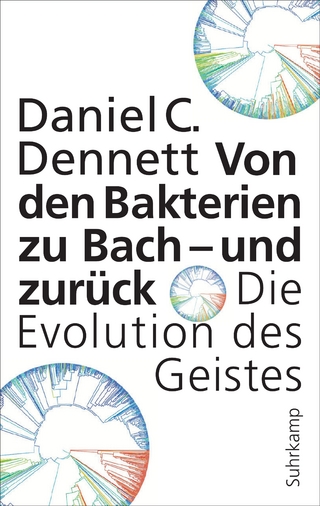
Aristotle's Induction and the Inference of First Principles
Seiten
2024
Lexington Books/Fortress Academic (Verlag)
978-1-6669-5021-2 (ISBN)
Lexington Books/Fortress Academic (Verlag)
978-1-6669-5021-2 (ISBN)
- Lieferbar (Termin unbekannt)
- Versandkostenfrei innerhalb Deutschlands
- Auch auf Rechnung
- Verfügbarkeit in der Filiale vor Ort prüfen
- Artikel merken
David Botting defends Aristotle as an empiricist against those who see him as a rationalist, focusing on Aristotle’s account of how we acquire the first principles of science. The author argues that Aristotle’s account is empiricist and that first principles are, perhaps surprisingly, known inferentially and not by intuition.
Aristotle's Induction and the Inference of First Principles observes that Aristotle’s reputation as an empiricist has come under threat. In the Posterior Analytics, Aristotle puts forward a foundationalist theory of scientific knowledge that problematizes knowing the science's first principles empirically. Aristotle states that we know the principles through induction but also that induction is inadequate for knowing essences. In response to this tension, rationalists claim that Aristotle equivocates between two conceptions of induction, enumerative and intuitive:"intuitive induction" being that which grasps the principles and provides direct knowledge of essences, “enumerative induction” being that which is said to be inadequate. Empiricists preserve an empiricist road to first principles by downplaying enumerative induction’s role.
In order to preserve Aristotle's avowals that it is by induction that we know the principles while avoiding the rationalist alternative, David Botting provides an inferentialist account of induction, showing how the content of a first principle is inferentially known but not its necessity, which must be proved by constructing the first principle from simpler elements. A world governed by natural necessities and not just brute regularities is knowable through the senses and without resorting to super-empirical acts or faculties of intuition.
Aristotle's Induction and the Inference of First Principles observes that Aristotle’s reputation as an empiricist has come under threat. In the Posterior Analytics, Aristotle puts forward a foundationalist theory of scientific knowledge that problematizes knowing the science's first principles empirically. Aristotle states that we know the principles through induction but also that induction is inadequate for knowing essences. In response to this tension, rationalists claim that Aristotle equivocates between two conceptions of induction, enumerative and intuitive:"intuitive induction" being that which grasps the principles and provides direct knowledge of essences, “enumerative induction” being that which is said to be inadequate. Empiricists preserve an empiricist road to first principles by downplaying enumerative induction’s role.
In order to preserve Aristotle's avowals that it is by induction that we know the principles while avoiding the rationalist alternative, David Botting provides an inferentialist account of induction, showing how the content of a first principle is inferentially known but not its necessity, which must be proved by constructing the first principle from simpler elements. A world governed by natural necessities and not just brute regularities is knowable through the senses and without resorting to super-empirical acts or faculties of intuition.
David Botting, PhD, is an independent scholar.
Introduction
Chapter One: The Ways of Deducing
Chapter Two: The Ways of Learning
Chapter Three: the Ways of Knowing
Chapter Four: The Ways of Science
Conclusion
References
About the Author
| Erscheinungsdatum | 17.09.2024 |
|---|---|
| Sprache | englisch |
| Maße | 152 x 229 mm |
| Themenwelt | Geisteswissenschaften ► Philosophie ► Erkenntnistheorie / Wissenschaftstheorie |
| Geisteswissenschaften ► Philosophie ► Metaphysik / Ontologie | |
| Geisteswissenschaften ► Philosophie ► Philosophie Altertum / Antike | |
| ISBN-10 | 1-6669-5021-1 / 1666950211 |
| ISBN-13 | 978-1-6669-5021-2 / 9781666950212 |
| Zustand | Neuware |
| Informationen gemäß Produktsicherheitsverordnung (GPSR) | |
| Haben Sie eine Frage zum Produkt? |
Mehr entdecken
aus dem Bereich
aus dem Bereich
die Grundlegung der modernen Philosophie
Buch | Softcover (2023)
C.H.Beck (Verlag)
18,00 €
Buch | Softcover (2023)
Reclam, Philipp (Verlag)
7,00 €
die Evolution des Geistes
Buch | Softcover (2025)
Suhrkamp (Verlag)
30,00 €

![Was heißt Denken?. Vorlesung Wintersemester 1951/52. [Was bedeutet das alles?] - Martin Heidegger](/media/113619842)
